Filmmakers like Zoya Akhtar, Anurag Kashyap, and more have reshaped the narrative, moving beyond imitation to craft cinema rooted in Indian identity, complexities, and cultural truths.
These directors are not only changing the way Hindi films are made but also the way they are perceived by audiences at home and on global stages.
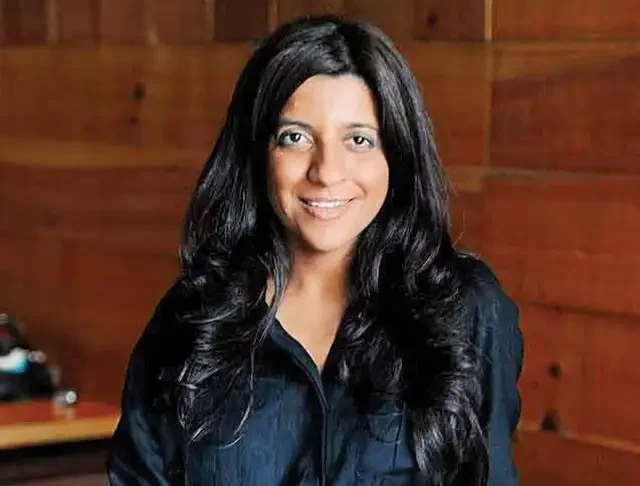
Zoya Akhtar
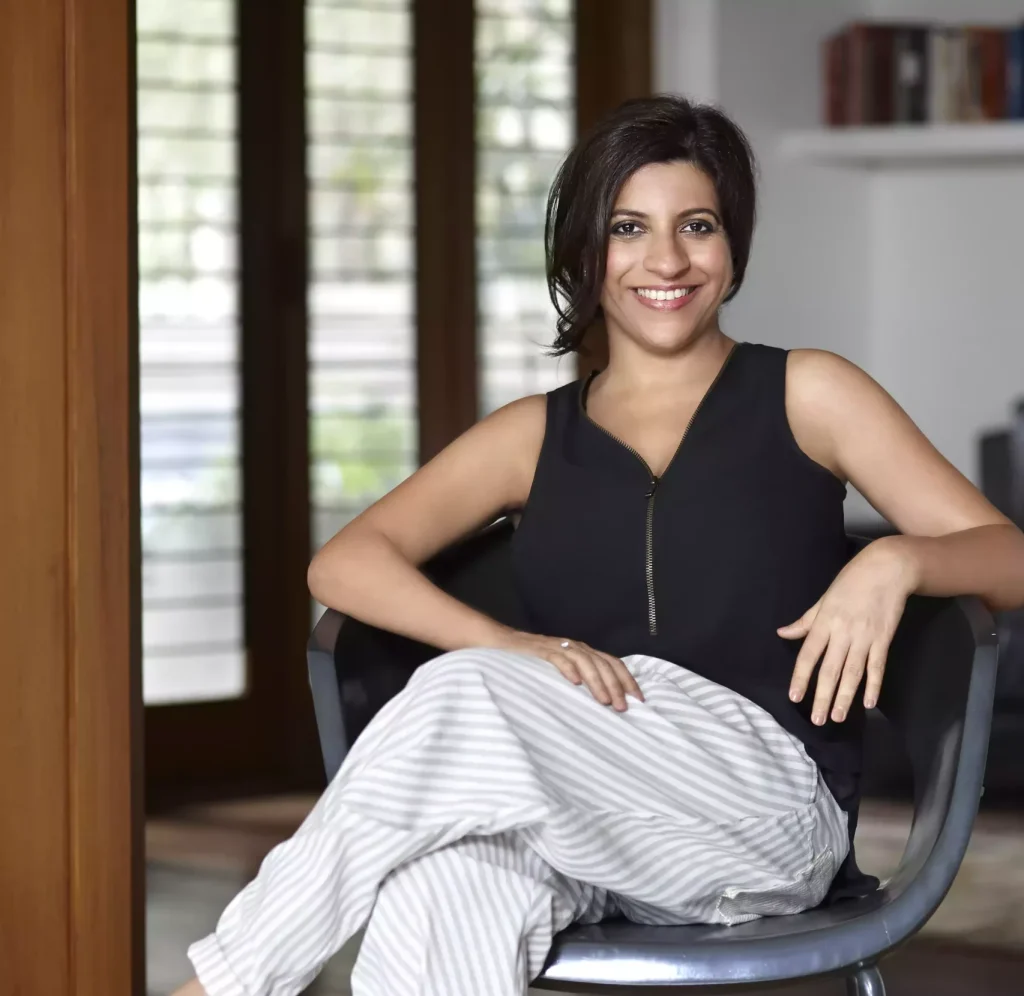
One of the most influential contemporary voices in Hindi cinema, Zoya Akhtar has consistently challenged conventions with films like Luck By Chance, Zindagi Na Milegi Dobara, and Dil Dhadakne Do. Her debut offered a piercing look at Mumbai’s film industry through the eyes of struggling aspirants, while her later works explored friendship, family, and identity with unflinching honesty. Akhtar’s strength lies in her ability to craft layered, timeless characters, immune to passing trends yet deeply relatable.
(Also Read: 7 Most Powerful Bollywood Films On Disability!)
Abhishek Chaubey
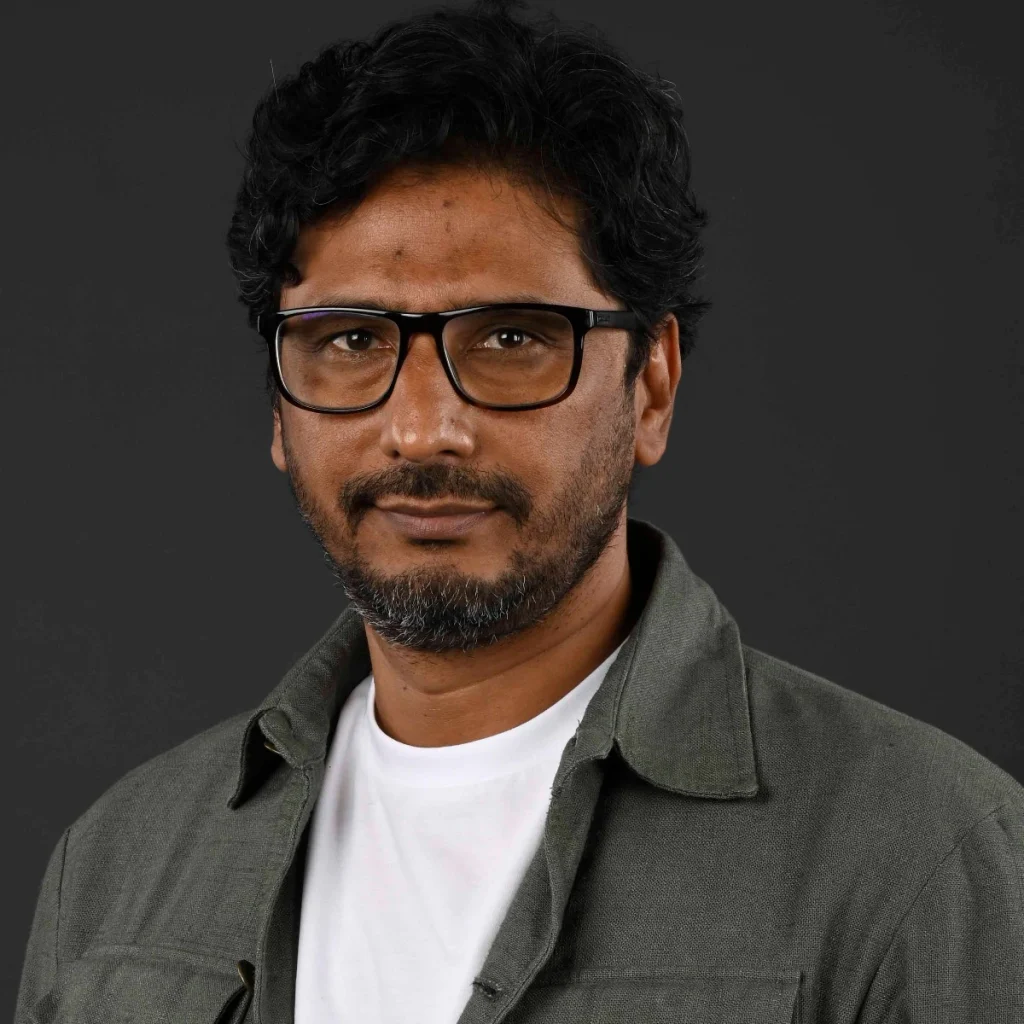
Having begun as Vishal Bhardwaj’s protégé, Abhishek Chaubey established himself as a master of gritty, grounded storytelling. Ishqiya set the tone, blending dark humor with rural realism, while its sequel Dedh Ishqiya earned praise for its wit and subversion. Udta Punjab cemented his place as a fearless filmmaker, spotlighting Punjab’s drug crisis with stark intensity. Chaubey’s work consistently pushes Hindi cinema towards realism, often unearthing stories from India’s heartlands.
Anurag Kashyap
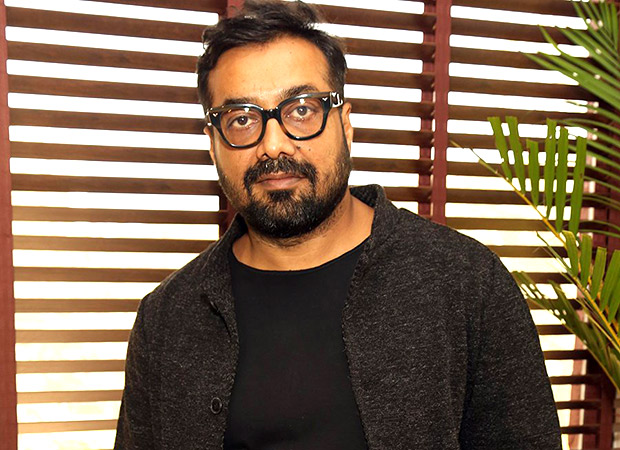
A maverick and disruptor, Anurag Kashyap has redefined Indian cinema with his raw, unapologetic storytelling. From co-writing Satya (1998) to helming cult classics like Black Friday, Dev.D, and the epic Gangs of Wasseypur, Kashyap’s work has been instrumental in breaking Bollywood’s formula-driven mold. His influence extends beyond his films he has nurtured a generation of actors, writers, and filmmakers who continue to shape independent cinema in India.
Vikramaditya Motwane
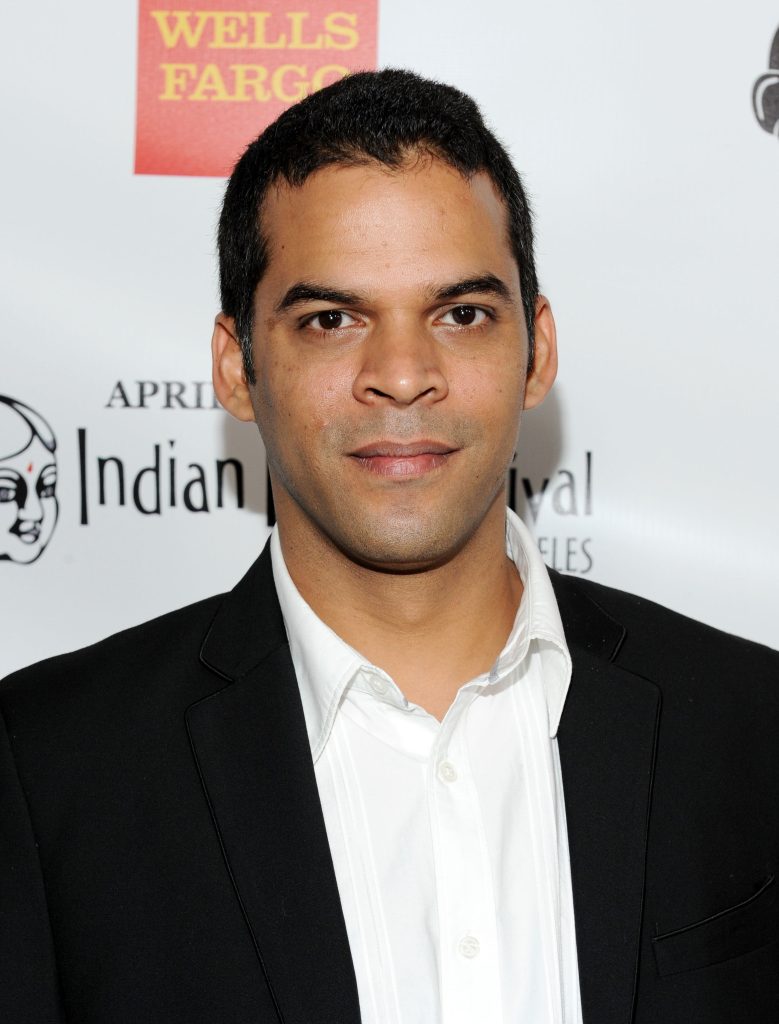
Motwane’s debut feature, Udaan, premiered at Cannes and announced him as a powerful new voice. Deeply personal yet universally resonant, the film captured the angst of youth and oppressive authority. He followed it with the delicate romance Lootera, the survival thriller Trapped, and the vigilante drama Bhavesh Joshi Superhero. Each work reaffirmed his reputation as an experimental filmmaker unafraid to blur genres while maintaining emotional truth.
Sejal Shah & Bhavesh Mandalia
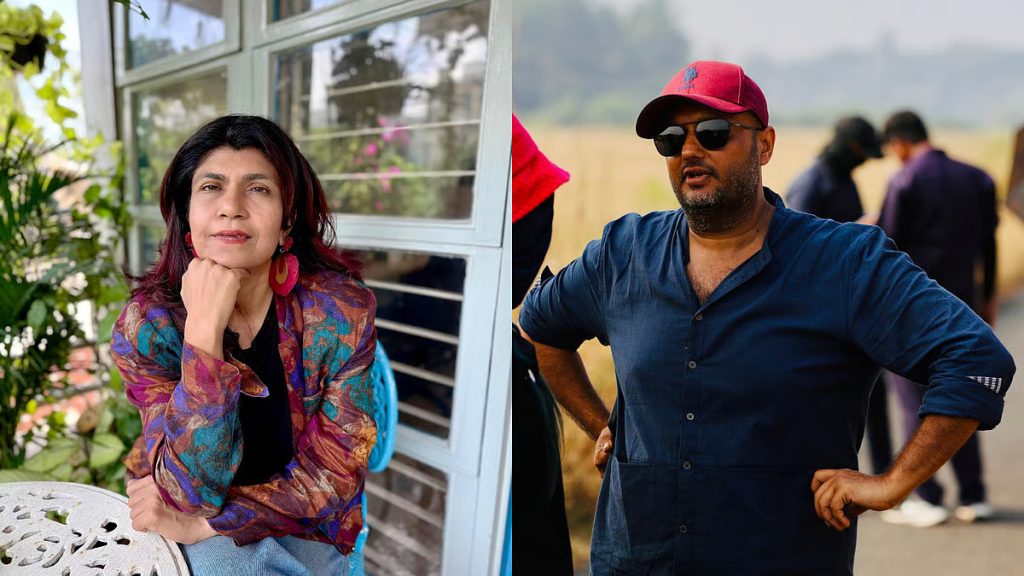
In an industry dominated by established production houses, Sejal Shah and National Award-winning writer Bhavesh Mandalia have quietly built a reputation for backing unconventional yet impactful stories. Their work spans acclaimed projects like Serious Men (which earned Nawazuddin Siddiqui an Emmy nomination), the satirical series Decoupled, Delhi Crime Season 2, and the hit thriller Asur 2. As a director, Sejal’s Costao was praised for its emotional depth, while her production Saare Jahan Se Accha reinforced her commitment to telling stories that matter.
Dibakar Banerjee
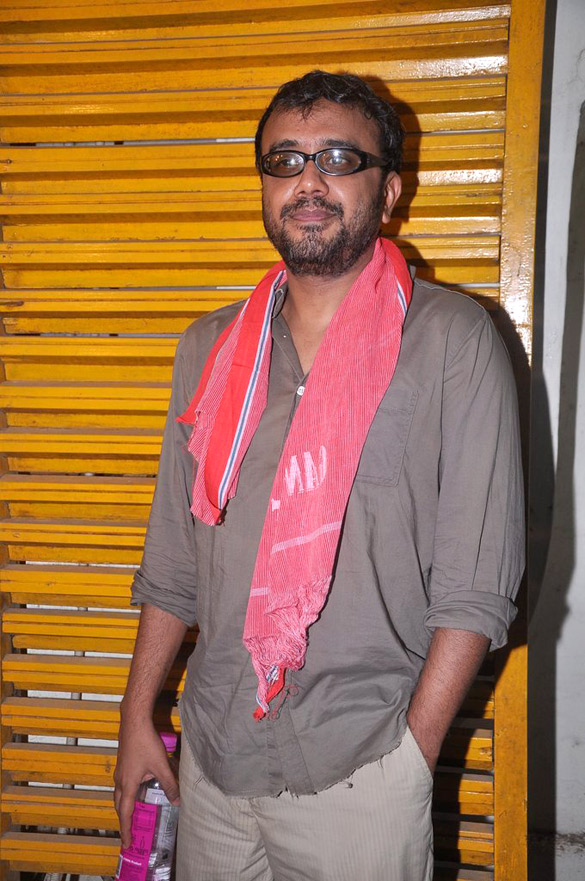
Dibakar Banerjee has long been celebrated for using cinema as a lens to scrutinize Indian society. His debut Khosla Ka Ghosla humorously exposed corruption in the real estate sector, while Love Sex Aur Dhoka pioneered digital filmmaking in India with bold commentary on voyeurism and morality. Shanghai and Detective Byomkesh Bakshy! further showcased his range, balancing social critique with storytelling flair. Twice a National Award winner, Banerjee continues to influence Indian audiences with his fearless, genre-bending cinema.
Shoojit Sircar
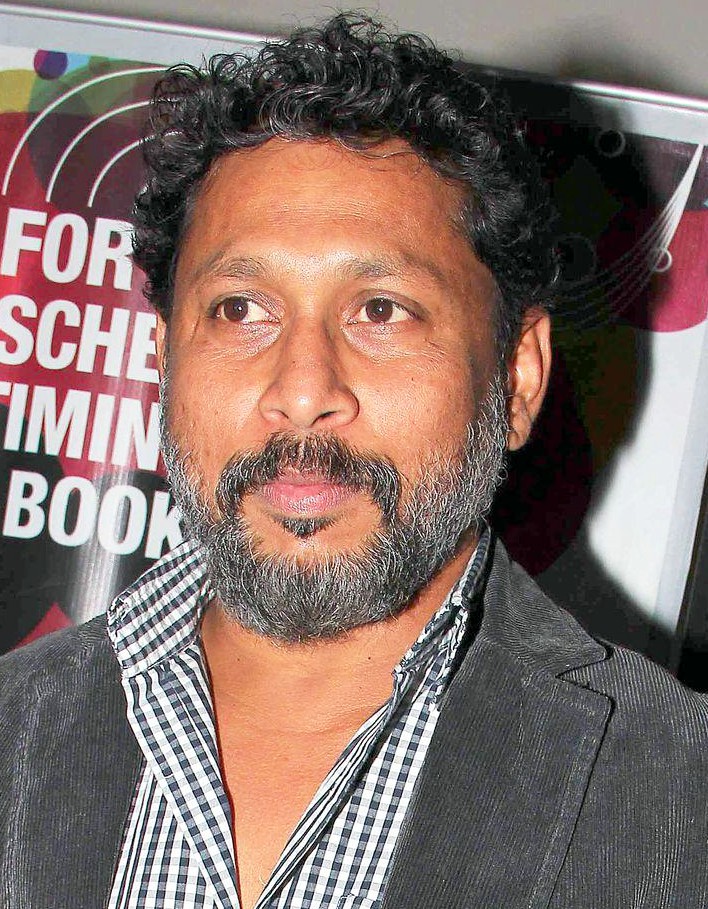
Shoojit Sircar’s filmography is marked by sensitivity and originality. Vicky Donor tackled sperm donation with refreshing humor and warmth, Piku examined familial bonds with charm, while Madras Cafe and Sardar Udham offered gripping political and historical narratives. His long-time collaboration with screenwriter Juhi Chaturvedi has produced some of Bollywood’s strongest female characters. Sircar’s ability to weave socially relevant themes into engaging stories makes him one of the most versatile filmmakers of his generation.
Anand Gandhi
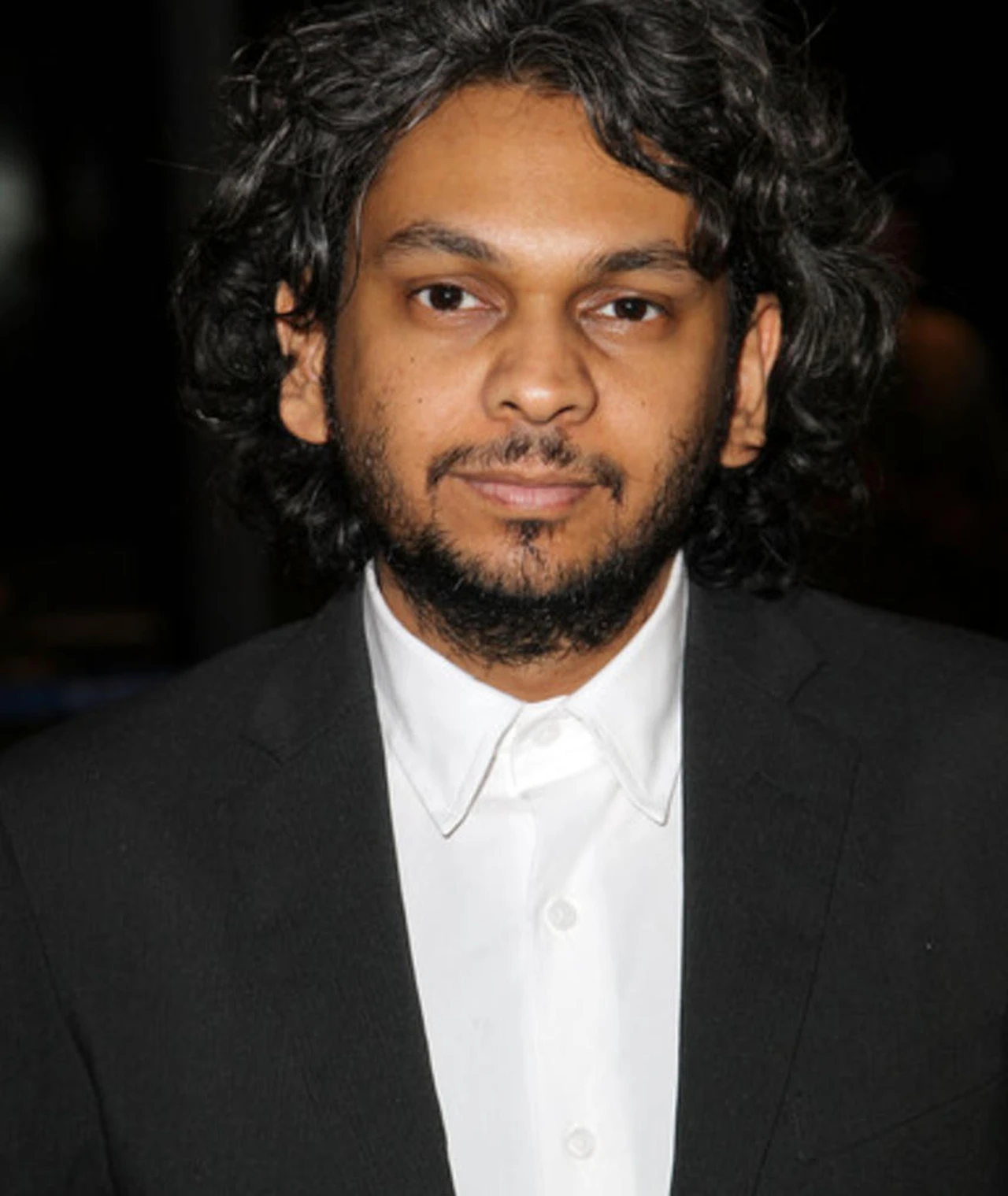
Anand Gandhi’s work is deeply influenced by philosophy, socio-politics, and culture, often leaving a lasting impression through the projects he has been part of. His association with films like Tumbbad and the documentary An Insignificant Man reflects this vision. The latter, which chronicled the rise of the Aam Aadmi Party, earned widespread acclaim at international film festivals. His recent project with Zain Memon’s “Maya,” a sprawling transmedia universe that has launched with its first novel “Maya: Seed Takes Root” and has ambitions far beyond entertainment.The project is built around a core philosophy: “Whoever controls the stories, controls our dreams and nightmares, our very desires and fears. Their whispers become our will.” It’s a philosophy that drives “Maya,” described as “the story we didn’t know we were already living.” Set on planet Neh, the narrative centers on a biological network of sentient trees that functions as a living internet. Citizens “tether” daily to this network, entering shared dreamscapes for work and play, while immortal beings called the Divyas harvest the data to predict billions of possible futures.
Vishal Bhardwaj
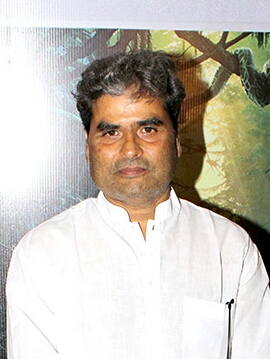
A true polymath director, composer, and writer Vishal Bhardwaj is renowned for adapting Shakespeare into distinctly Indian contexts. Maqbool (Macbeth), Omkara (Othello), and Haider (Hamlet) are celebrated for their brooding atmospheres, unforgettable dialogues, and haunting soundtracks. His films often combine dark themes with rich music, creating an immersive cinematic experience. Regular collaborations with Gulzar and Tabu have further defined his distinctive artistic voice.
Neeraj Ghaywan
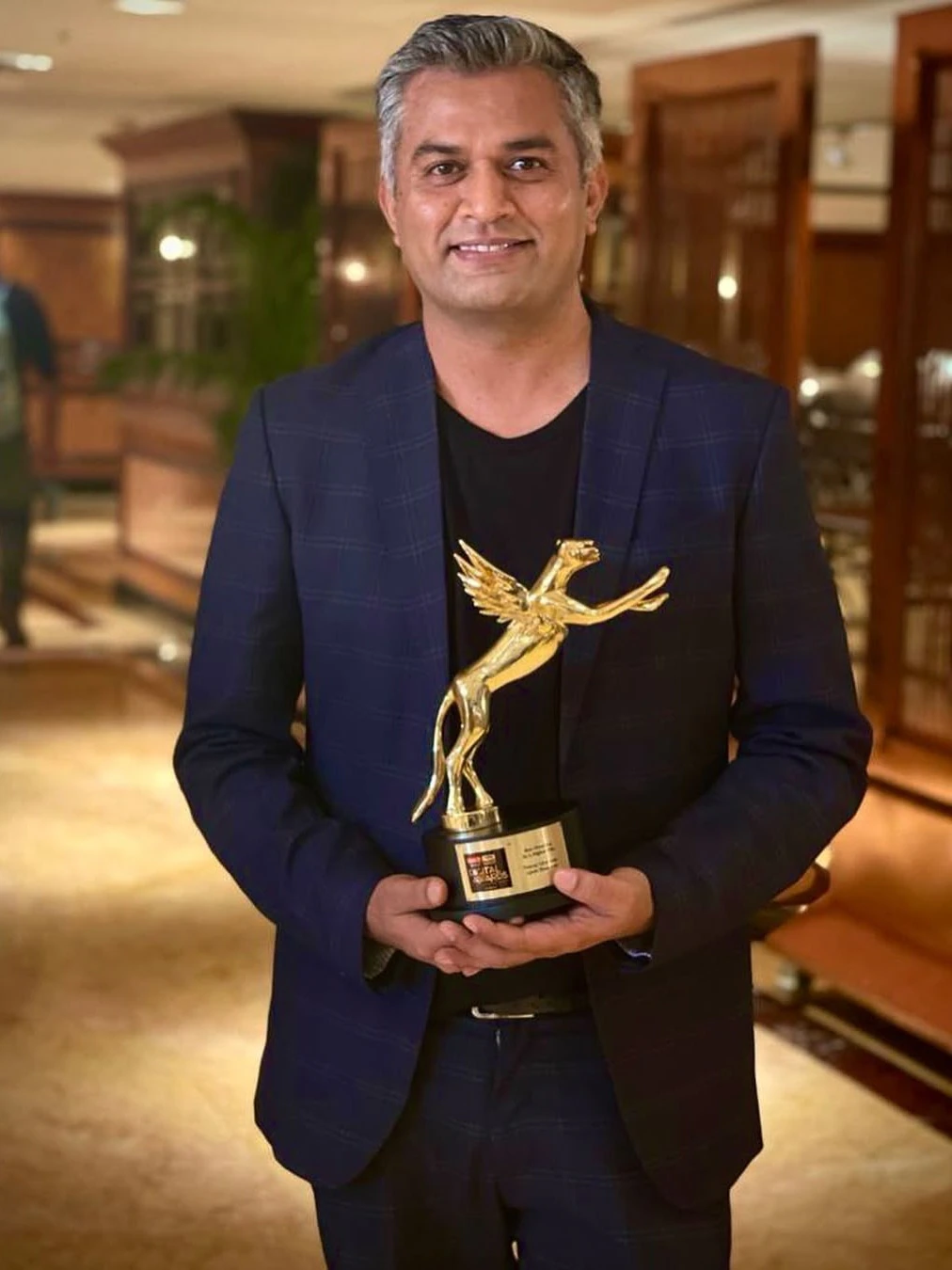
Emerging as one of the most thoughtful voices in Hindi cinema, Neeraj Ghaywan’s debut Masaan won the FIPRESCI Prize at Cannes, bringing global recognition. The film’s delicate portrayal of love, loss, and caste in Varanasi was both intimate and universal. His subsequent work Ajeeb Daastaans, Sacred Games, and Made in Heaven continues to explore caste, identity, and societal inequities with nuance and courage.
Raj & DK
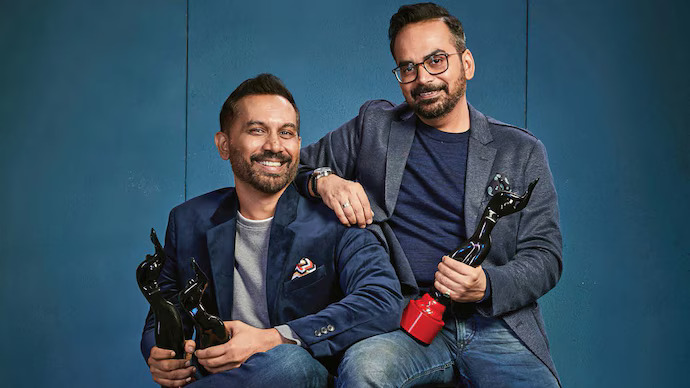
The directorial duo Raj Nidimoru and Krishna D.K. have carved out a niche blending dark comedy, action, and satire. Their early work, Shor in the City, showcased their flair for chaotic yet engaging storytelling. In the streaming era, they’ve become household names with hits like The Family Man and Farzi, combining entertainment with sharp socio-political commentary. Their signature mix of humor and high-octane drama has redefined mainstream Hindi entertainment.
Hansal Mehta
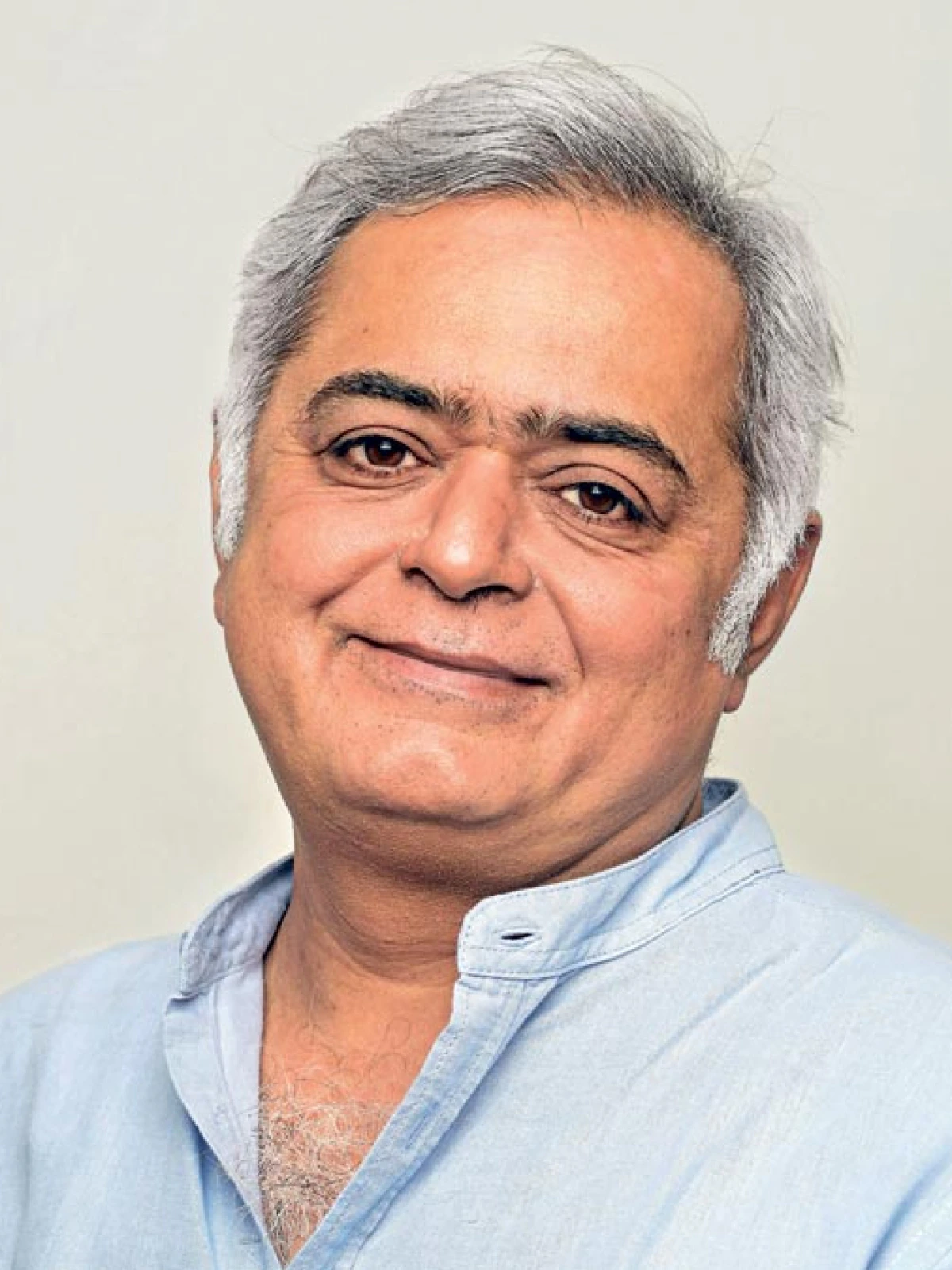
From Shahid and Aligarh to CityLights and Omerta, Hansal Mehta has consistently crafted films that spotlight real stories and marginalized voices. His collaboration with Rajkummar Rao has yielded some of Hindi cinema’s most powerful performances. With Scam 1992, Mehta extended his influence to streaming, creating one of India’s most acclaimed series. His evolution from directing television cookery shows to shaping hard-hitting, socially resonant cinema is a testament to his versatility and vision.

